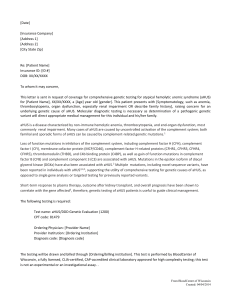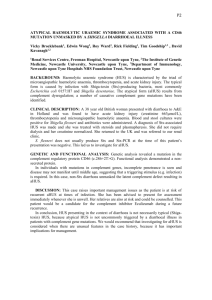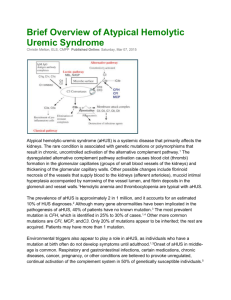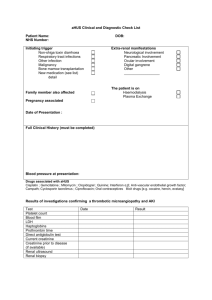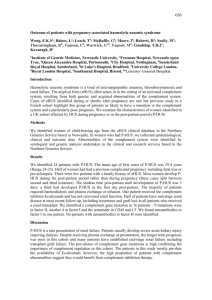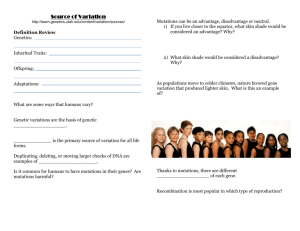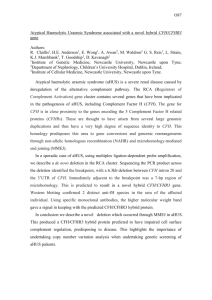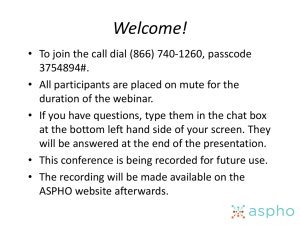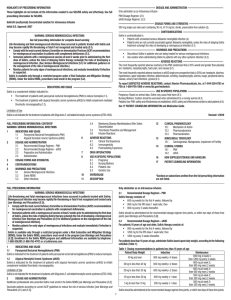ahus_preauth_letter
advertisement
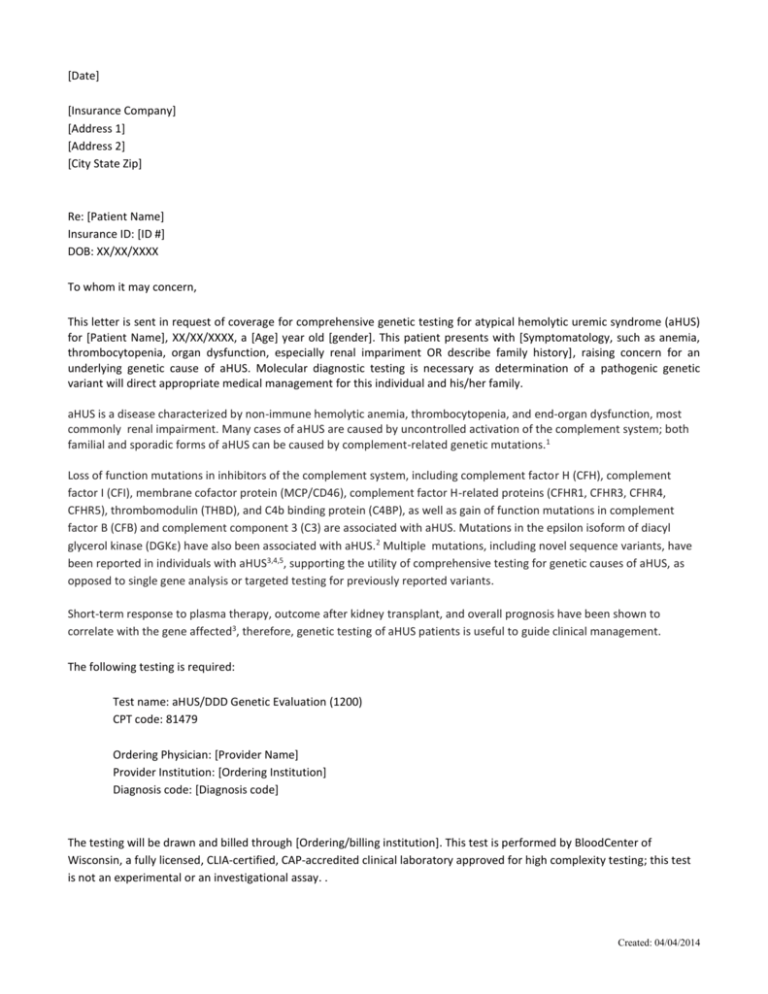
[Date] [Insurance Company] [Address 1] [Address 2] [City State Zip] Re: [Patient Name] Insurance ID: [ID #] DOB: XX/XX/XXXX To whom it may concern, This letter is sent in request of coverage for comprehensive genetic testing for atypical hemolytic uremic syndrome (aHUS) for [Patient Name], XX/XX/XXXX, a [Age] year old [gender]. This patient presents with [Symptomatology, such as anemia, thrombocytopenia, organ dysfunction, especially renal impariment OR describe family history], raising concern for an underlying genetic cause of aHUS. Molecular diagnostic testing is necessary as determination of a pathogenic genetic variant will direct appropriate medical management for this individual and his/her family. aHUS is a disease characterized by non-immune hemolytic anemia, thrombocytopenia, and end-organ dysfunction, most commonly renal impairment. Many cases of aHUS are caused by uncontrolled activation of the complement system; both familial and sporadic forms of aHUS can be caused by complement-related genetic mutations.1 Loss of function mutations in inhibitors of the complement system, including complement factor H (CFH), complement factor I (CFI), membrane cofactor protein (MCP/CD46), complement factor H-related proteins (CFHR1, CFHR3, CFHR4, CFHR5), thrombomodulin (THBD), and C4b binding protein (C4BP), as well as gain of function mutations in complement factor B (CFB) and complement component 3 (C3) are associated with aHUS. Mutations in the epsilon isoform of diacyl glycerol kinase (DGKε) have also been associated with aHUS.2 Multiple mutations, including novel sequence variants, have been reported in individuals with aHUS3,4,5, supporting the utility of comprehensive testing for genetic causes of aHUS, as opposed to single gene analysis or targeted testing for previously reported variants. Short-term response to plasma therapy, outcome after kidney transplant, and overall prognosis have been shown to correlate with the gene affected3, therefore, genetic testing of aHUS patients is useful to guide clinical management. The following testing is required: Test name: aHUS/DDD Genetic Evaluation (1200) CPT code: 81479 Ordering Physician: [Provider Name] Provider Institution: [Ordering Institution] Diagnosis code: [Diagnosis code] The testing will be drawn and billed through [Ordering/billing institution]. This test is performed by BloodCenter of Wisconsin, a fully licensed, CLIA-certified, CAP-accredited clinical laboratory approved for high complexity testing; this test is not an experimental or an investigational assay. . Created: 04/04/2014 If additional information is required, please contact us at [Phone number]. Thank you for your time and attention to this matter. Sincerely, [Name of Ordering Physician] References: 1. Loirat, C. and Frémeaux-Bacchi, V: Atypical hemolytic uremic syndrome, Orphanet Journal of Rare Diseases 2011, 6:60 doi:10.1186/1750-1172-6-60 2. Lemaire, M, et al: Recessive mutations in DGKE cause atypical hemolytic-uremic syndrome Nature Genetics May 2013, Vol 45 No. 5: 531-536 3. Noris, M, and Remuzzi, G: Atypical Hemolytic–Uremic Syndrome, N Engl J Med 2009; 361:1676-1687 4. Moore, I, et al.: Association of factor H autoantibodies with deletions of CFHR1, CFHR3, CFHR4, and with mutations in CFH, CFI, CD46, and C3 in patients with atypical hemolytic uremic syndrome Blood January 14, 2010 vol. 115 no. 2 379-387 5. Bu, F., et al. Comprehensive Genetic Analysis of Complement and Coagulation Genes in Atypical Hemolytic Uremic Syndrome. J Am Soc Nephrol 25: 55–64, 2014. doi: 10.1681/ASN.2013050453 Created: 04/04/2014
